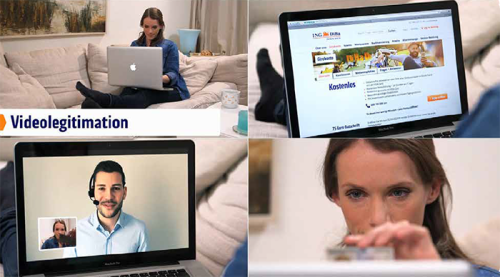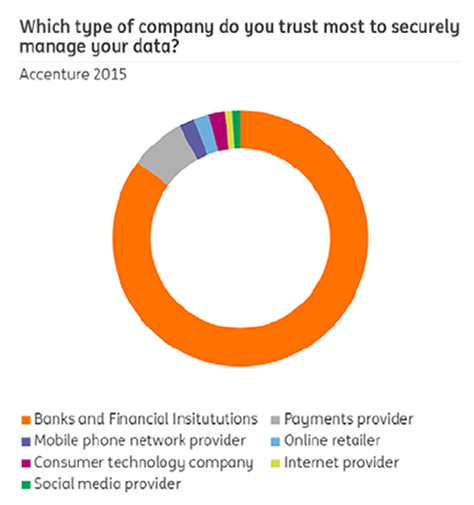ING Viewpoint January 2016

Ralph Hamers
CEO ING Group
“ING‘s promise to customers is to deliver a differentiating experience that is clear and easy, available anytime/ anywhere, and most of all empowers them to reach their financial goals. To keep this promise we need a common legal framework that keeps pace with technological change, encourages innovation and has customer convenience as a priority.”
Ralph Hamers, CEO ING Group
Introduction
In 2015 the European Commission launched the Digital Single Market strategy (DSM) which aims to increase digital opportunities for people and businesses, and to enhance Europe’s position as a world leader in the digital economy. The DSM covers all industry sectors.
The DSM strategy is built on three pillars:
- Better access for consumers and businesses to digital goods and services across Europe
- Creating the right environment and a level playing field for digital networks and innovative services to flourish
- Maximising the growth potential of the digital economy
Future European legislative initiatives will contribute to this strategy. These initiatives will surely have a transformative effect on retail financial services. ING’s view on the likely impact and future landscape is described below.
What are our aims?
- As Europe’s largest online retail bank, we want to provide a differentiating customer experience, which is clear and easy and available anytime, anywhere. Accessible digital services are a key enabler of that customer experience.
- Regulators are important stakeholders who have the responsibility to create and evolve the legal framework in which consumers can fully benefit from the advantages of digitalisation. This should focus on consumer convenience, and includes being able to carry out all banking operations using digital media and without the need for paper contracts.
- Unregulated competitors that offer similar financial services, for example payments or those impacting security and customer data, should be subject to the same rules to safeguard customer security and data privacy, and ensure a level playing field for all providers.
- Removal of barriers to digital business across Europe will create a more transparent pan-European financial market.

Digital banking needs a modern legal framework
Consumers and businesses can only benefit from the positive effects of digitalisation if the con-ditions are right. Technical feasi-bility is not enough, we also need a common legal framework and governance. Just as consumers can now shop and pay online with ease, they should also have digital access to the full scope of banking services – from opening a current account to closing a mortgage loan – from the comfort of their own homes. This requires digital signatures and digital identification procedures with the same legal status across EU Member States.

Working towards a European e-Identification
Digital means of personal iden-tification are being rolled out in multiple countries, but these are currently limited to national residents and can only be used for governmental services. Customers of financial services could really benefit from a central European database that keeps track of the last local identification a citizen has made. Making this information accessible digitally will streamline the customer onboar-ding process in a significant way.
A fully-digital onboarding process for banking customers
Our Customer Promise to be clear and easy, anytime, anywhere means that we continue to focus on digitalising our product and service offering. However, restrictions placed on customer onboarding methods due to local legislation limit our ability to offer the sort of easy and convenient experience that consumer have grown to expect through their interactions with digital service providers in other aspects of their lives. Current customer identification and registration processes rely heavily on consumer-unfriendly and “analogue” processes like the copying of physical national identification documents and in-person/onsite signatures.
We see a huge opportunity to improve the customer experience by offering people the ability to become a customer in a fully-digital way, without being required to visit a physical branch/office, fill out paper forms or provide paper-based proof of their identity. Replacing analogue processes with digital alternatives would also reduce overall costs in the back office, which would ultimately benefit our customers.
Partnering for the customer
We monitor developments in the financial technology (fintech) environment closely. These agile and innovative companies are developing new technologies, processes and services that can potentially have a positive impact on the customer experience we offer. We are therefore open to collaboration and partnerships with fintechs if their technologies or service offerings would provide our customers with real value. Our partnership with and investment in fintech Kabbage is a good example – Kabbage’s lending platform and its innovative approach to risk-scoring allows small businesses to apply for and receive a loan in much less time than our current processes allow. We also work with investment vehicles and fintech accelerators to support and foster these new technologies – after all, we do not have to invent all solutions ourselves in order to better service customers.
